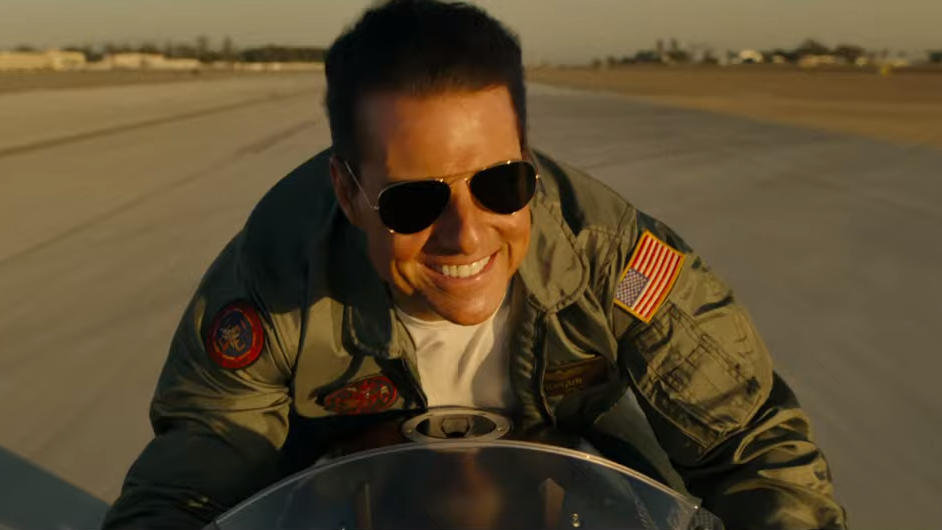
Hollywood, the glittering land of dreams and cinematic magic, often presents an idyllic facade to the world. It’s a place where legends are born, careers soar to unimaginable heights, and the spotlight shines brightest. Yet, beneath this glamorous surface lies a cut-throat reality, a world where a single misstep or a powerful adversary can extinguish even the most brilliant star, leading to an unspoken exile known as the Hollywood blacklist.
While there’s no official, written-down blacklist, the industry’s intricate web of connections ensures that word travels fast. Careers can mysteriously grind to a halt, not always due to a lack of talent, but because of a public gaffe, an outspoken opinion, or, more insidiously, a refusal to comply with the demands of those in power. It’s a harsh lesson that many have learned, often at the cost of their once-promising futures.
For female stars, the challenges can be particularly acute, navigating not only the typical pressures of fame but also facing unique obstacles, from gendered expectations to the predatory actions of powerful individuals. In this deep dive, we’re pulling back the curtain on seven iconic actresses whose journeys through Tinseltown took an unexpected, and often tragic, turn towards blacklisting, revealing the complex and sometimes brutal mechanisms at play.
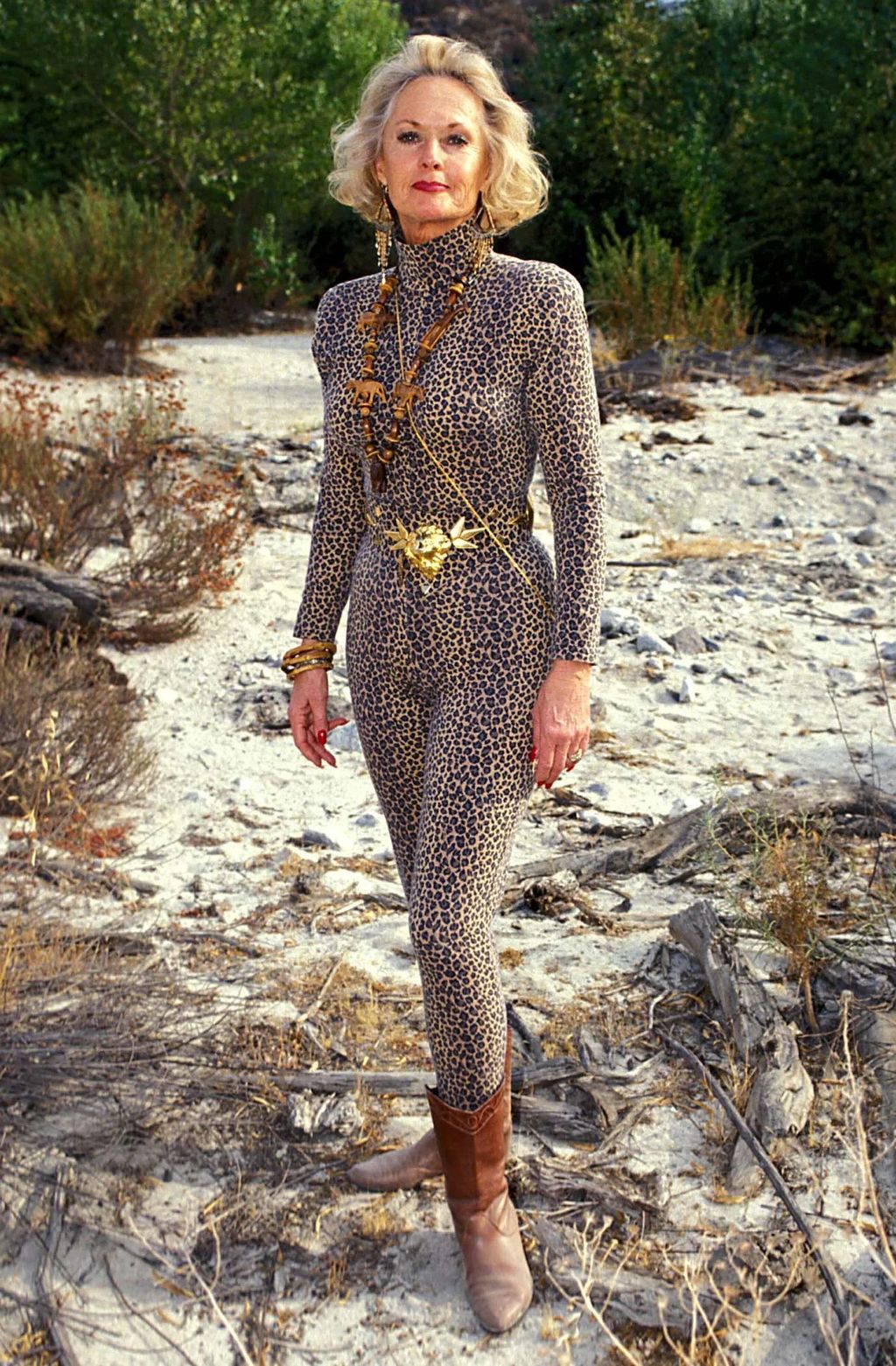
1. **Tippi Hedren**: Tippi Hedren’s path to stardom was nothing short of a fairy tale, at least initially. Discovered by none other than the “master of suspense,” Alfred Hitchcock, she was plucked from her modeling career and cast in the lead roles of two of his most iconic films: the chilling 1963 thriller “The Birds” and the psychological drama “Marnie” in 1964. Her striking beauty and enigmatic screen presence seemed to promise a glittering career as a leading lady in Hollywood.
However, the dream quickly soured. In Hedren’s own accounts, Hitchcock’s interest extended beyond professional collaboration, as he allegedly made numerous sexual advances toward her. When she firmly rejected his suggestions, the relationship between the actress and the director took an ugly and vindictive turn, signaling the beginning of a deeply troubling period for her career.
An enraged Hitchcock reportedly threatened to ruin her career, and he was in a powerful position to do so. Under contract to his studio, Hedren found herself in a nightmarish situation. Despite her wishes, Hitchcock allegedly refused to release her from her contract, effectively preventing her from taking on any other significant roles for a painful two years. He was, in essence, paying her not to work, ensuring her career as a leading lady was stifled.
While Hedren’s acting career did eventually recover after Hitchcock finally sold her contract in 1966, the damage to her early trajectory as a potential top-tier leading woman was significant and undeniable. Her bravery in speaking out against one of Hollywood’s most revered figures came at a heavy personal and professional cost, marking a stark example of how powerful men could wield their influence to silence and sideline those who defied them.
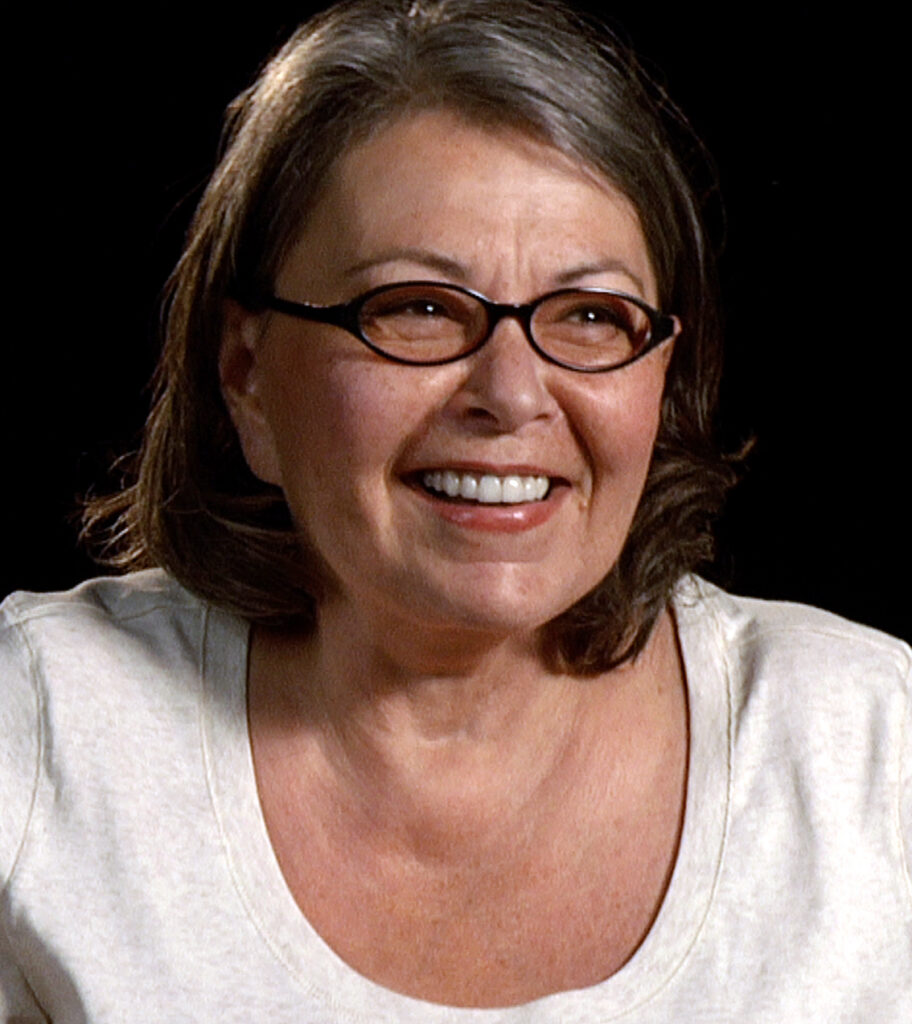
2. **Roseanne Barr**: Roseanne Barr, a comedian and actress known for her groundbreaking and popular sitcom “Roseanne,” experienced an unexpected resurgence in 2018 when her show was revived to critical and popular acclaim. The fictional Roseanne Conner, a working-class matriarch, was portrayed as an ardent supporter of Donald Trump, leading to on-screen arguments with her liberal sister, Jackie Harris, played by Oscar-nominee Laurie Metcalf. This storyline cleverly mirrored the real-life political divides in America.
However, the line between art and life became dangerously blurred for Barr. A vocal supporter of Donald Trump’s presidency and no stranger to controversial public statements, her outspoken political Twitter rants ultimately crossed a critical boundary in May 2018. She posted a racist tweet targeting Valerie Jarrett, a Senior Advisor to former President Barack Obama, igniting a firestorm of condemnation across social media and the entertainment industry.
Despite Barr’s swift deletion of the tweet and her subsequent apology, the consequences were immediate and severe. ABC promptly canceled the highly successful “Roseanne” reboot on the very same day, with the company’s president unequivocally labeling her remarks as “abhorrent, repugnant and inconsistent with our values.” The decision sent a clear message that such behavior would not be tolerated, regardless of a show’s popularity or profitability.
Following her firing, the character of the fictional Roseanne Conner was written out of the re-envisioned program, which continued as “The Conners.” For Roseanne Barr herself, the fallout was profound; she hasn’t acted in any significant capacity since the incident. Her public scandal serves as a potent reminder of the fragility of even the most established careers in the face of widespread public outrage and network decisions, especially when social media amplifies every misstep.
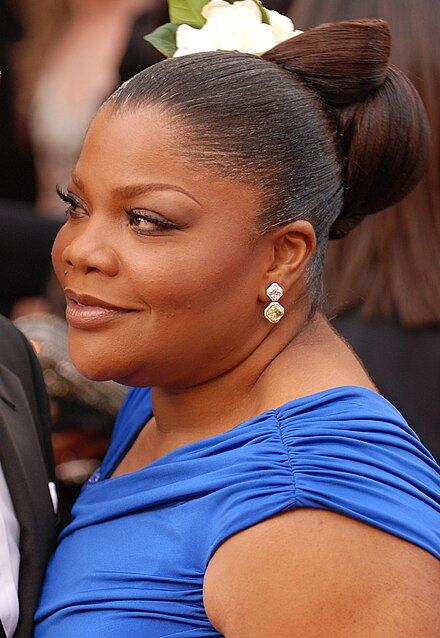
3. **Mo’Nique**: Mo’Nique, born Monique Angela Hicks, carved out a successful career as a comedian and actress, gaining widespread recognition for her stand-up specials and her role as Nicole “Nikki” Parker in the popular UPN series “The Parkers” from 1999 to 2004. Her career trajectory seemed to peak with her powerful, searing portrayal of an abusive mother in Lee Daniels’ 2009 film “Precious,” a performance that earned her an Academy Award for Best Supporting Actress in 2010.
Typically, an Oscar win heralds a significant boost in an actor’s career, leading to higher pay, more prominent roles, and a flood of new opportunities. However, for Mo’Nique, the opposite proved true. She claims that after her momentous win, acting offers largely dried up, an unexpected turn that she attributes to her approach during the 2010 Oscar campaign for “Precious,” where she reportedly did not engage in the traditional schmoozing and extensive campaigning expected by Hollywood.
The rumors of her blacklisting were later confirmed to her directly by the film’s director, Lee Daniels. In a phone call, Daniels allegedly told Mo’Nique, “Mo’Nique, you’ve been blackballed” because she “didn’t play the game.” He later publicly stated, “Her demands through Precious were not always in line with the campaign. This soured her relationship with the Hollywood community,” substantiating her claim of being sidelined for not adhering to industry norms.
Mo’Nique’s perspective on the situation was clear: she felt pressured to campaign for an award she hadn’t explicitly sought, stating, “You want me to campaign for an award — and I say this with all the humility in the world — but you want me to campaign for an award that I didn’t ask for.” She maintained that the Academy members ultimately judged the performance, not her presence at parties. Despite her principled stance, the consequence was a significant reduction in her film and TV roles, with only seven acting jobs since her Oscar win, two of which remained unreleased.
Her experience underscores a hidden, unwritten rule of Hollywood: success alone may not be enough if one doesn’t engage in the political and social machinery of the industry. Mo’Nique’s story is a stark reminder of the often-unseen expectations placed on artists, especially women, and the repercussions for those who choose to defy them, even when at the height of their artistic recognition.
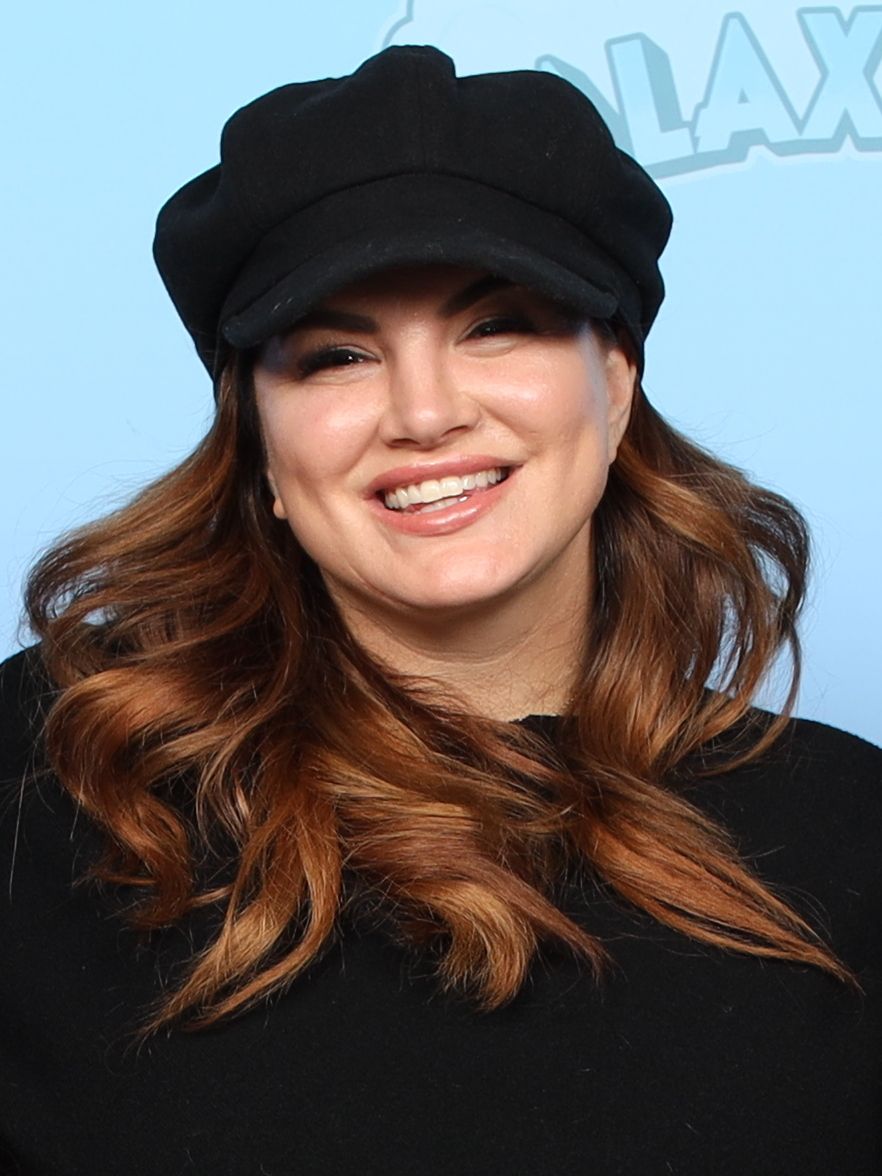
4. **Gina Carano**: Former MMA fighter Gina Carano brought a unique blend of athleticism and on-screen toughness to her acting career. Her prowess in combat sports likely contributed to her casting as the formidable warrior Cara Dune in the highly popular Star Wars universe series, “The Mandalorian.” Fans quickly embraced her character, who played a crucial role in aiding Mando and Grogu on their intergalactic adventures, establishing Carano as a significant figure in a beloved franchise.
However, Carano’s tenure with the Star Wars universe came to an abrupt end following a series of controversial social media posts. In one particularly contentious statement, she made an “awkwardly inappropriate” comparison, suggesting that being a Republican in Hollywood today was akin to being Jewish in Nazi Germany. This post drew immediate and widespread condemnation, prompting Lucasfilm, the production company behind Star Wars, to swiftly terminate her employment.
Lucasfilm described her posts as “abhorrent and unacceptable,” and she was also dropped by her talent agency, signaling a complete severing of ties with the mainstream industry. Carano attempted to clarify her tweet, stating, “Nowhere did I say Republicans were being treated like Jews in the Holocaust. I shared a meme, I translated into: ‘Don’t let the government pit you against each other or history tells us that could go wrong.'” However, the damage was already done, and the character of Cara Dune was never mentioned again in the series.
Further compounding her blacklisting, Carano’s follow-up project, “White Knuckle,” was canceled due to her unwillingness to comply with COVID-19 mask and vaccination rules, citing personal beliefs about medical freedom. While she has continued to act in independent projects, such as the Western “Terror on the Prairie” and “My Son Hunter,” her image within mainstream Hollywood remains unrepaired. In February 2023, she took legal action, suing Disney and Lucasfilm over her termination and seeking $75,000 in damages, with the lawsuit notably funded by Elon Musk, adding another layer to her ongoing public battle.

5. **Katherine Heigl**: Not long ago, Katherine Heigl was a highly sought-after leading lady, gracing both the big and small screens in a wide array of roles, including her prominent part on the hit medical drama “Grey’s Anatomy.” Her career was on a significant upward trajectory, making her a recognizable and bankable star in the entertainment industry. She was known for her charismatic performances and seemed destined for continued success.
However, the whispers of a “difficult” reputation began to circulate through Hollywood, a term often unfairly, yet powerfully, applied to actresses. By 2008, these rumors swirled intensely, particularly linking to a drastic reduction in her role on “Grey’s Anatomy.” Reports emerged citing various complaints about her on set, including questioning scripts, refusing to leave her trailer, and making “ridiculous” wardrobe demands. These stories quickly solidified an image of her being challenging to work with.
In a town where reputation is paramount, the “difficult” label proved to be incredibly damaging. Hollywood is often described as a “very big small town,” where word travels fast, and creative professionals became increasingly reluctant to collaborate with Heigl. This widespread refusal to work with her took a considerable toll on her mental health and effectively sidelined her from many high-profile roles she might otherwise have secured.
Despite the significant career setback and personal struggles, Heigl has demonstrated remarkable resilience. She appears to have bounced back in recent years, notably starring in the Netflix series “Firefly Lane.” Her return to a prominent platform suggests a possible shift in perception or a new chapter in her career, but her journey stands as a cautionary tale of how a damaging reputation, whether fully deserved or not, can impact a star’s trajectory and mental well-being in the unforgiving world of entertainment.
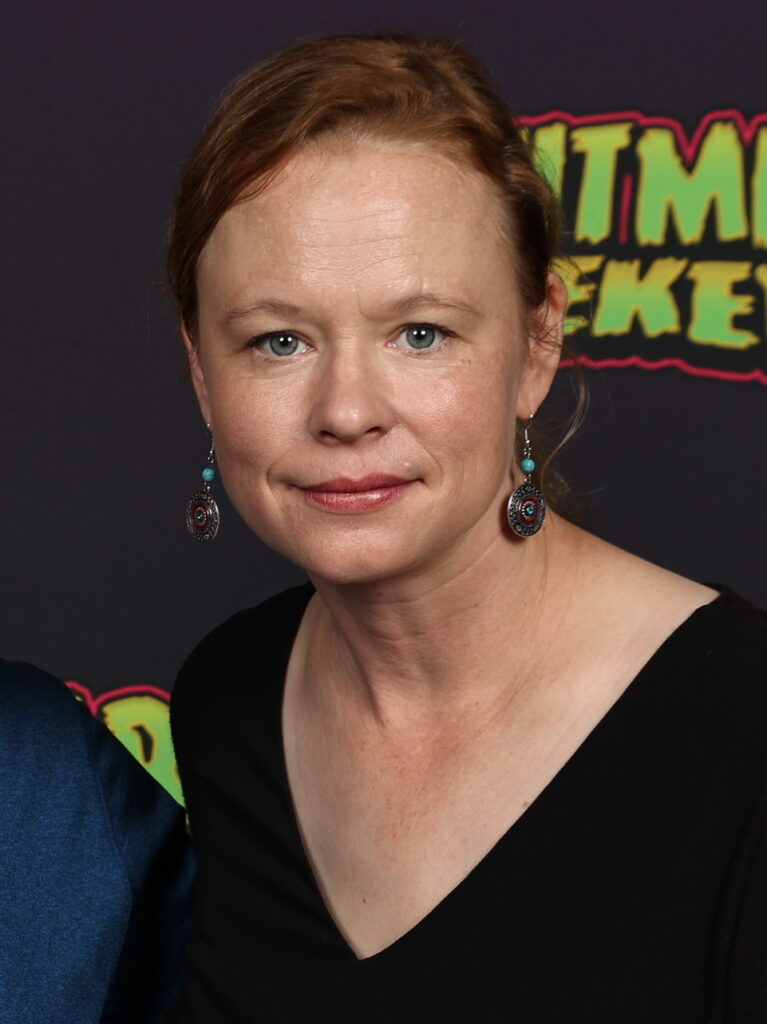
6. **Thora Birch**: Thora Birch enjoyed a remarkable ascent in Hollywood, transitioning seamlessly from a beloved child star in films like “Hocus Pocus” to a respected adult actress in critically acclaimed movies such as “American Beauty” in the late 1990s and early 2000s. She possessed a talent that suggested a future as a major star, with a career that seemed destined for further accolades and prominent roles. Her early work showcased a depth and maturity beyond her years.
Yet, despite her promising start, Birch’s career didn’t reach the superstar status many predicted. The ubiquitous and often gendered “difficult” label, unfortunately, became associated with her. In 2010, she was summarily fired from a Broadway production of “Dracula,” an incident that cast a shadow over her professional standing and drew significant media attention to the purported reasons behind her dismissal.
The cause of her dismissal was allegedly tied to her father and manager, who was reportedly accused of physically threatening another actor in the play. Regardless of the exact truth of the allegations, the public nature of the firing and the controversies surrounding her representation created an obstacle that proved difficult to overcome. This event solidified a perception that Hollywood was hesitant to embrace.
The incident had a lasting impact on Birch’s career trajectory. While she has continued to secure intermittent acting work since then, she has never quite achieved the mainstream prominence or consistent flow of high-profile roles that her early talent seemed to guarantee. Her story highlights how external factors, even those involving a star’s management, can contribute to a blacklisting effect, altering the course of a once-shining career.

7. **Stacey Dash**: Stacey Dash first captivated audiences with her memorable supporting role in the iconic 1995 teen rom-com “Clueless,” a performance that propelled her into the spotlight and seemed to pave the way for a promising acting career. Following this success, she also ventured into television, notably as a talk show host on Fox News’s “Outnumbered,” broadening her public profile and showcasing her versatility beyond acting.
However, in recent years, Dash has become more widely known for her increasingly controversial and outspoken conservative political views. While openly voting for Barack Obama in 2008, she underwent a significant ideological shift between 2008 and 2012, becoming a very public and often inflammatory voice for conservative philosophies within an industry predominantly perceived as liberal. This stark contrast began to create friction with her entertainment industry peers.
Her willingness to express extreme beliefs led to several high-profile incidents. In 2016, she publicly called for the abolition of Black History Month, a stance that drew widespread criticism and ultimately led to her termination from Fox News. She further inflamed public opinion by making controversial comments about transgendered people, placing her firmly in “hot water” with Hollywood’s generally progressive values and philosophies.
These extreme views and her consistent inability to keep them separate from her public persona have, according to industry insiders, significantly contributed to her lack of major acting roles in recent years. Her journey serves as a powerful example of how public political outspokenness, especially when perceived as extreme or offensive by the industry’s dominant culture, can result in an unofficial blacklisting, effectively curtailing an actor’s opportunities and career longevity.
The stories from Hollywood’s hidden blacklist don’t end there. Beyond the initial seven trailblazing women, numerous other celebrated actresses have faced similar career-altering challenges, highlighting the pervasive nature of these unwritten rules. Their experiences reveal a tapestry of reasons for being sidelined, ranging from the devastating repercussions of refusing powerful men to the fallout from career-defining film failures and deeply personal conflicts. Let’s continue our deep dive into the lives of more stars who found their paths in Tinseltown unexpectedly blocked.

8. **Ashley Judd**: Ashley Judd, with her undeniable talent and compelling screen presence, was on an absolute roll in the late 1990s. She captivated audiences in a string of hits like “Kiss the Girls,” “Double Jeopardy,” and the critically acclaimed “A Time to Kill.” Her career trajectory seemed limitless, making her a formidable and highly sought-after actress destined for leading roles.
However, Judd’s promising ascent hit a significant snag when she encountered one of Hollywood’s most notorious power brokers: Harvey Weinstein. According to Judd, Weinstein suggested a private, intimate meeting, a proposition she courageously rebuffed. This refusal, she claims, unleashed a retaliatory campaign that would severely impact her professional life.
Weinstein, wielding his considerable influence, actively sought to undermine her career. In a particularly egregious act of revenge, he allegedly insisted that director Peter Jackson—then in the early stages of casting his epic “Lord of the Rings” trilogy—explicitly *not* cast Judd. This was a direct, calculated attempt to diminish her opportunities on a global stage.
Fortunately, for Judd, the truth eventually came out, and she found herself on the right side of that ugly saga. Her bravery in speaking out against Weinstein, one of the earliest high-profile figures to do so, has not only been vindicated but has also allowed her to enjoy more acting jobs in the years following his blacklisting, proving resilience can triumph over abuse of power.

9. **Mira Sorvino**: Mira Sorvino, an Oscar-winning actress, stood out as another amazingly talented performer whose career was seemingly sidelined by the vindictive machinations of Harvey Weinstein. Her critical acclaim, including an Academy Award, should have guaranteed a thriving career filled with diverse and challenging roles, placing her among Hollywood’s elite.
Like Ashley Judd, with whom she coincidentally co-starred in the 1996 film “Norma Jean and Marilyn,” Sorvino recalled to Ronan Farrow of *The New Yorker* that she rejected Weinstein’s frequent and unwanted sexual overtures. Her steadfast refusal to comply with his demands came at a steep professional cost, demonstrating the pervasive nature of his predatory behavior.
In a chilling echo of Judd’s experience, Weinstein then successfully dissuaded Peter Jackson from considering Sorvino for a role in his monumental three-part Middle-earth epic. The producer’s vengeful actions created an invisible barrier, limiting the kinds of high-profile projects that an actress of her caliber should have easily secured, effectively sidelining her from mainstream opportunities.
However, the dark stain of Weinstein’s influence appears to have worn off for Sorvino. Her career has seen a heartening resurgence, with the context noting her scheduled appearance in four new projects in a single year. Her return to prominent roles serves as a powerful testament to her enduring talent and the industry’s gradual, though often slow, movement towards accountability.

10. **Sondra Locke**: Sondra Locke’s film debut in the late 1960s was nothing short of spectacular, earning her a Best Supporting Actress Oscar nomination for her very first role in “The Heart Is a Lonely Hunter.” She quickly established herself as a talented actress and later a director, going on to star in many other films and embarking on a long-term relationship with Clint Eastwood, a titan of Hollywood.
Locke and Eastwood were together for some 15 years, a high-profile relationship that intertwined her personal and professional life. However, by the late 1980s, the relationship became tempestuous. Fed up with Eastwood’s alleged constant philandering, Locke abandoned the relationship, a decision that, tragically, proved to be a turning point for her career.
The story goes that following their messy breakup in 1989, acting roles promptly abandoned her, and she found herself essentially blacklisted from many of Hollywood’s different studios. Most people believed that Eastwood, leveraging his considerable star power and influence, used his position to leave her out in the cold, effectively punishing her for leaving him.
An ugly court battle ensued between the former lovers, a highly public and damaging affair. While Locke eventually secured more acting work after this decade-long hiatus, her career never fully recovered to its initial promise. Her experience highlights how intensely personal conflicts, especially with powerful industry figures, can have severe and lasting professional repercussions.
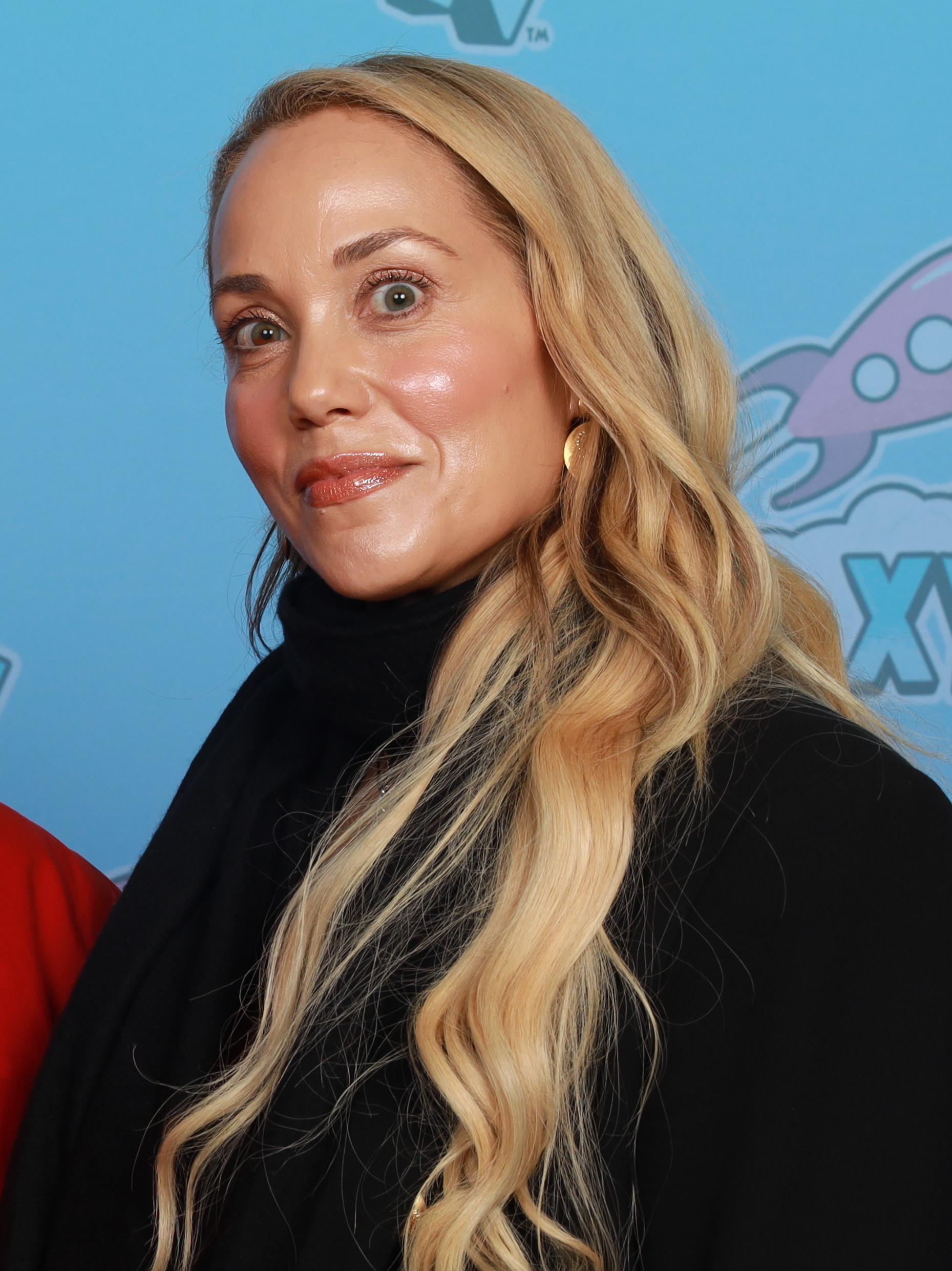
11. **Elizabeth Berkley**: Elizabeth Berkley first gained widespread recognition for her work on the beloved teen show “Saved by the Bell,” becoming a familiar and popular face to a generation of viewers. Her transition to film was highly anticipated, and she went “all-in” for the lead role of Nomi Malone in Paul Verhoeven’s 1995 film “Showgirls,” a part that demanded immense physical and emotional commitment.
However, “Showgirls” premiered to a giant thud, becoming an infamous flesh-fest that was savaged by critics and audiences alike. The film quickly became a punchline in pop culture, and its spectacular failure had a devastating impact on Berkley’s nascent film career. She openly stated that the film’s widespread condemnation severely undermined her ability to secure major roles thereafter, trapping her in its scandalous shadow.
Despite the initial setbacks and the film’s notoriety, Berkley demonstrated remarkable resilience. While the film was a significant commercial and critical flop at the time, her involvement in a “Bell” reunion a few years ago proved that public memory can be short, allowing her to revisit and reclaim a cherished part of her past, even if her dramatic film career never fully rebounded.
The journey of these actresses through the labyrinthine corridors of Hollywood serves as a powerful, often heartbreaking, reminder that talent and hard work alone are sometimes not enough. From the predatory demands of powerful men like Harvey Weinstein to the unforgiving scrutiny of public opinion and the subtle machinations of personal vendettas, the reasons for blacklisting are as varied as they are unjust. Yet, within these narratives of struggle, there are glimmers of hope—stories of resilience, of speaking truth to power, and of an industry, however slowly, beginning to confront its past. The fight for a more equitable and transparent Hollywood continues, fueled by the courage of those who dared to defy its unwritten rules.

:max_bytes(150000):strip_icc()/GettyImages-2170877990-772527b2ae2e4614b54f8601450b0be8.jpg)

